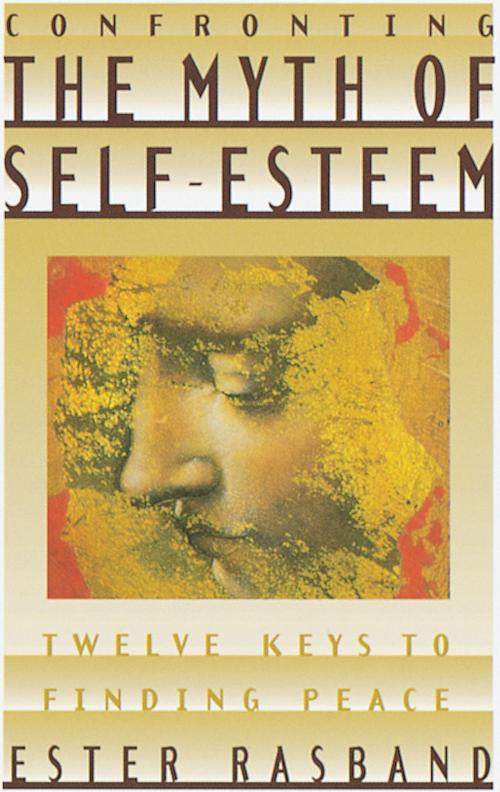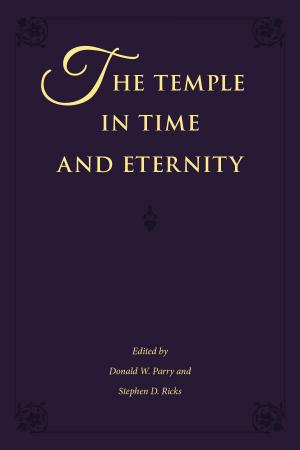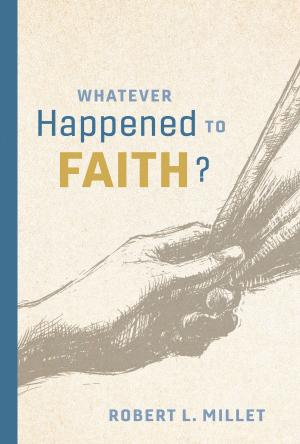Confronting the Myth of Self-Esteem
Nonfiction, Religion & Spirituality, Christianity, Denominations, Mormonism| Author: | Ester Rasband | ISBN: | 9781609085834 |
| Publisher: | Deseret Book | Publication: | December 10, 2010 |
| Imprint: | Deseret Book | Language: | English |
| Author: | Ester Rasband |
| ISBN: | 9781609085834 |
| Publisher: | Deseret Book |
| Publication: | December 10, 2010 |
| Imprint: | Deseret Book |
| Language: | English |
Ester Rasband has been known to call her new book “an anti-self-esteem book,” which typically causes laughter and perplexed looks. But in Confronting the Myth of Self-Esteem, she explains that she's not against gaining confidence. But the search for self-esteem, she says, will never bring us peace or happiness. She explains: “Inadequacy is the human condition and unless we tap into the adequacy of our Father in Heaven, we live in a somewhat fearful state — fearful that our inadequacy will cause us to fail and will stand in the way of our being loved and valued.” While society tells us that we must focus on ourselves to feel adequate, the scriptures teach that if we lose ourselves in service, we will find ourselves. Through personal examples, scriptures, and quotes, the author shows that seeking the kingdom of God first is what generates confidence and love for—and ultimately from—others as well. This brings what humankind truly craves — peace — not “self-esteem.”
Ester Rasband has been known to call her new book “an anti-self-esteem book,” which typically causes laughter and perplexed looks. But in Confronting the Myth of Self-Esteem, she explains that she's not against gaining confidence. But the search for self-esteem, she says, will never bring us peace or happiness. She explains: “Inadequacy is the human condition and unless we tap into the adequacy of our Father in Heaven, we live in a somewhat fearful state — fearful that our inadequacy will cause us to fail and will stand in the way of our being loved and valued.” While society tells us that we must focus on ourselves to feel adequate, the scriptures teach that if we lose ourselves in service, we will find ourselves. Through personal examples, scriptures, and quotes, the author shows that seeking the kingdom of God first is what generates confidence and love for—and ultimately from—others as well. This brings what humankind truly craves — peace — not “self-esteem.”















